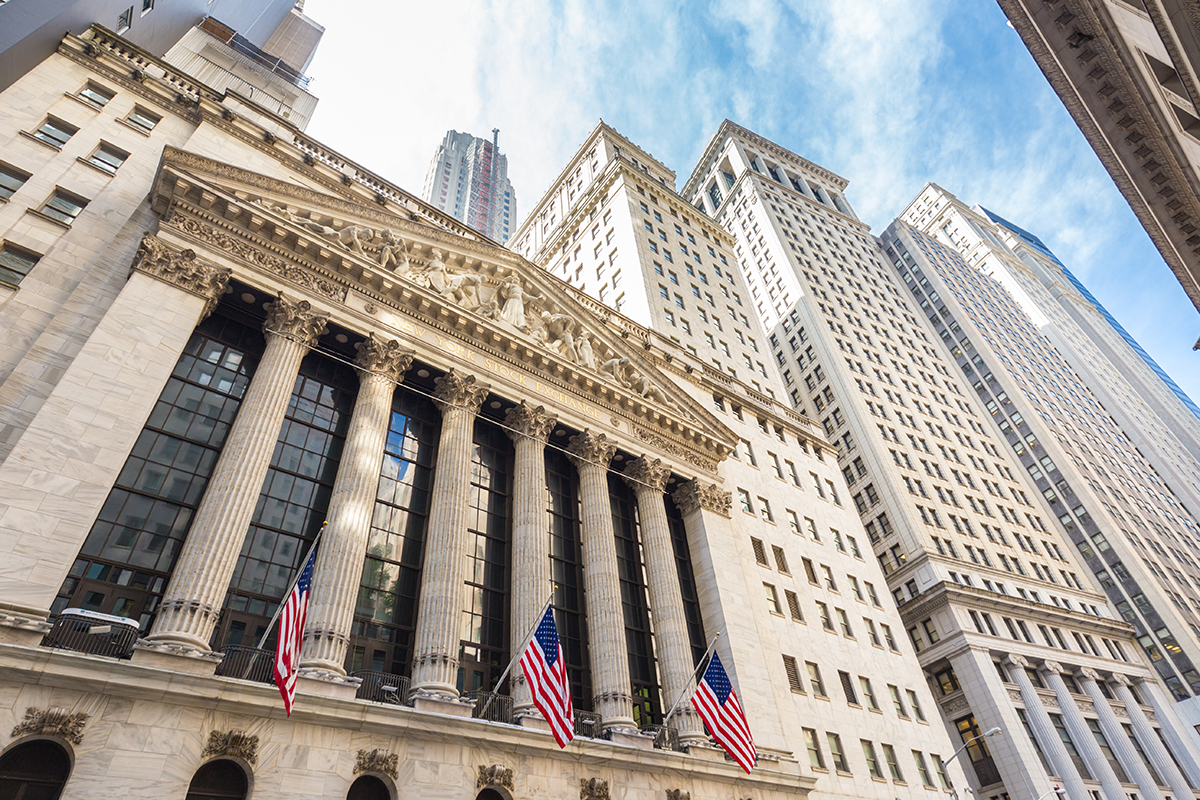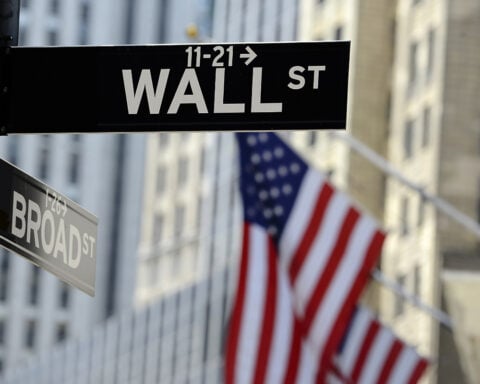Wall Street’s commitment to diversity, equity, and inclusion (DEI) is encountering significant challenges as the financial industry grapples with a shifting landscape. Numerous prominent banks, such as Goldman Sachs Group Inc. and Bank of America Corp., have implemented significant changes to their DEI initiatives, indicating a wider reconsideration of diversity efforts within the sector.
Goldman Sachs has surprised many by opening its “Possibilities Summit” program, originally designed for Black college students, to include White students as well. Meanwhile, Bank of America has expanded certain internal programs to encompass a wider demographic, moving away from initiatives solely focused on women and minorities. Similarly, Bank of New York Mellon Corp. is reevaluating its approach to workforce diversity, considering alternatives to hard metrics.
These changes come amidst growing conservative criticism of DEI initiatives, with influential figures like Elon Musk and Bill Ackman amplifying the narrative against such programs. The recent removal of language about minority workers from regulatory filings by companies like Tesla Inc. underscores the challenges faced by corporations navigating the DEI landscape.
While executives publicly affirm their commitment to diversity, privately, many acknowledge the threat posed by legal challenges and accusations of reverse discrimination. Recruitment programs, affinity groups, and boardroom diversity initiatives are all under review, reflecting a broader industry-wide shift.
Despite some progress, diversity statistics in major banks still fall short of reflecting the overall population. For instance, only a small percentage of senior executives in leading banks are Black, highlighting the ongoing disparities in representation.
In response to legal and ideological challenges, banks are reframing or pausing diversity initiatives to mitigate potential litigation risks. Adjustments include revising executive compensation tied to diversity progress and reevaluating the language used to describe diversity and inclusion initiatives.
The legal landscape is also evolving, with cases like the ongoing dispute in Miami between the Fearless Fund and the American Alliance for Equal Rights serving as a focal point for broader debates around race-conscious policies.
Stephen Miller, a key figure in the conservative movement, is advocating for the eradication of diversity initiatives in business through organizations like America First Legal. This ideological opposition, coupled with internal pushback from some Wall Street workers, underscores the complex challenges facing DEI efforts in the financial industry.
Despite these obstacles, most financial companies are pressing forward with their diversity initiatives, albeit with a heightened sense of caution and scrutiny. The industry’s response to these challenges will likely shape the future of DEI efforts in the financial sector and beyond.
In this evolving landscape, the conversation around diversity, equity, and inclusion continues to be a critical one, with implications for both the financial industry and society at large.







